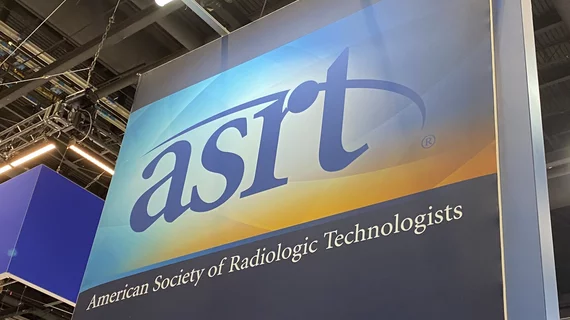ASRT granting $400K in scholarships to radiology students
Celebrating its 40th anniversary—and dubbing itself “Fab at 40”—the American Society of Radiologic Technologists (ASRT) Foundation is awarding $400,000 in scholarships to help train the next generation of imaging professionals.
In an announcement sent to Health Imaging, ASRT said it’s planning an '80s-themed fundraiser during its annual meeting in Orlando on June 29. All funds will be given to support the professional and educational advancement of medical imaging and radiation therapy students.
An online fundraiser was launched to kick-start the campaign, with ASRT partners planning to match donations to ensure the drive reaches or exceeds its goal.
“We are proud to have played a part for the past 40 years in impacting the lives of those pursuing careers and working in the medical imaging and radiation therapy profession,” Steve Hardy, chief operating officer for the ASRT Foundation said in the statement. “This impact would not have happened without the support and donations from individuals and corporations. Each contribution is transformational for our recipients.”
The ASRT is also offering additional opportunities to support the foundation, such as buying donor names on their wall of fame or branded meeting rooms in the ASRT offices. Funds will be used to support the foundation in its effort to further educational opportunities for imaging professionals.
On its website, the ASRT said it awarded $357,325 in scholarships to 85 recipients for the 2023-2024 academic year.

